
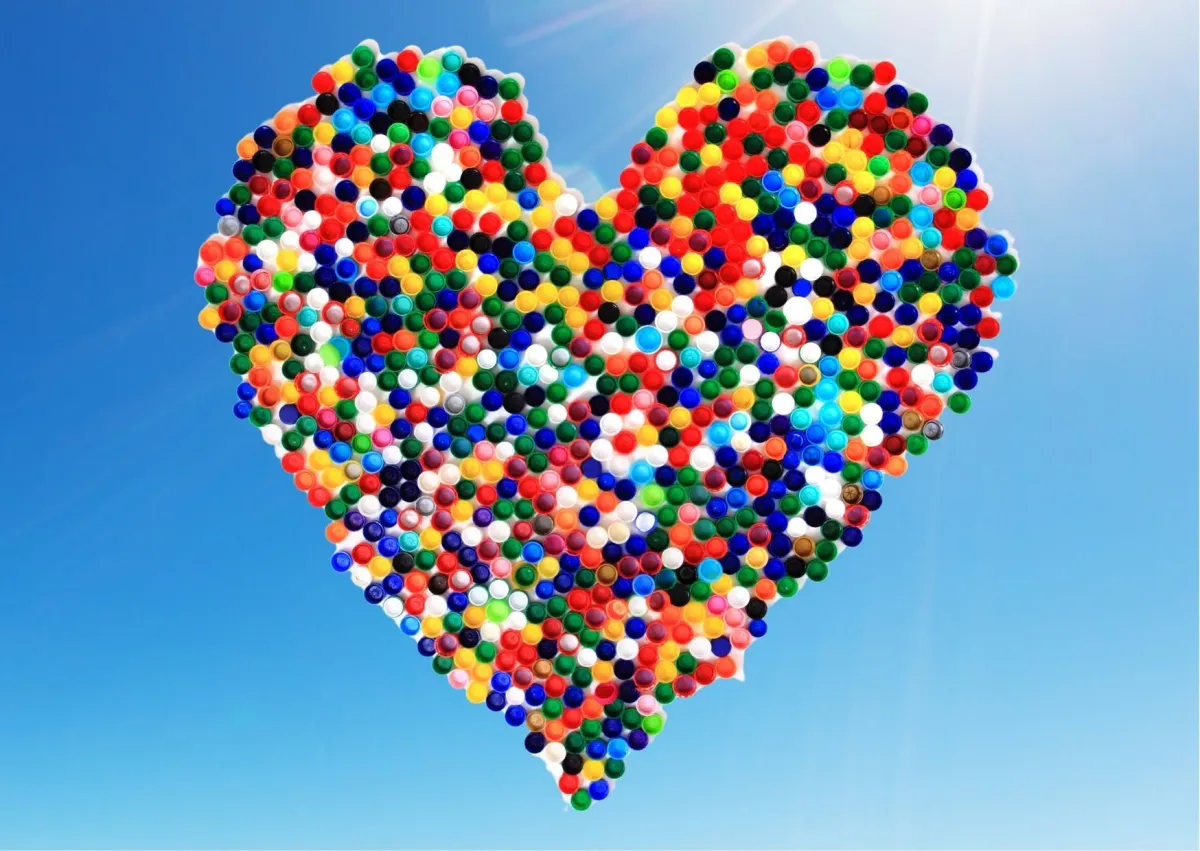
Recycling Bottle Caps: A Lifeline for Vaccination Support Every Year
Recycling Bottle Caps: A Lifeline for Vaccination Support Every Year
In an inspiring effort intertwining environmental action and child welfare, the certified NPO, Japan Committee for Vaccines for the World’s Children (JCV), has significantly expanded its recycling initiative of plastic bottle caps. This project not only aims to promote sustainability but also focuses on providing essential vaccinations to needy children across developing countries. The initiative has gained traction owing to the increasing awareness and engagement in the Sustainable Development Goals (SDGs), making it a community-driven campaign.
The Impact of Bottle Cap Collection
This initiative, launched in 2005, converts everyday bottle caps, which often end up in landfills, into tangible support for vaccination efforts. For every collected cap, a monetary contribution is made towards vaccines valued at 20 yen per dose. In 2022, this translated into approximately 1.5 million doses of polio vaccines created from the collected caps across Japan, showcasing the enormous potential of everyday participation in creating a significant social impact. Everyone, regardless of age, can easily engage in this program, making the act of recycling an impactful way to contribute towards the SDGs.
Widespread Participation and Expansion
The number of collection and recycling partners has surged beyond 100 nationwide, each working collaboratively with JCV to facilitate the collection of bottle caps. Last year’s efforts alone amassed enough caps to equate to substantial vaccine contributions aimed at children in need. By simply retrieving and donating these caps at local supermarkets or collection points, individuals can play a vital role in this dual-benefit initiative—supporting both environmental protection and child welfare.
Recycling Progress and Innovation
With advances in recycling technology, bottle caps made from single materials allow for easier sorting and processing. This presents a promising avenue for generating high-quality recycled plastic material. As awareness around SDGs and Environmental, Social, and Governance (ESG) criteria rises, there’s a noticeable increase in the community's engagement with recycling—be it through shopping baskets or detergent bottles. Notably, the introduction of the “SEVEN GOALS” collection box, which is made from recycled bottle cap material, serves as a catalyst for more individuals to participate, linking their efforts directly with vaccine support based on sales.
Campaigns to Raise Awareness
As part of its ongoing efforts, JCV holds campaigns to create awareness and encourage participation in the bottle cap collection initiative. In line with World Environment Month in June, the “#CapAction” campaign was launched, inviting social media users to share posts featuring bottle caps with the corresponding hashtag. For each post shared, a vaccine contribution is made towards child vaccinations, resulting in over 10,000 posts this year alone, illustrating the public’s enthusiasm and commitment to the cause.
The Urgency of Vaccination
Every day, infectious diseases like measles, tetanus, and whooping cough pose significant threats to young children in underprivileged nations. Tragically, 4,000 children lose their lives daily due to vaccine-preventable diseases. Recognizing this urgency, JCV has committed itself since its foundation in 1994 to deliver essential vaccines, especially in collaboration with organizations like UNICEF and various health ministries. Since its inception, JCV has successfully reached over 134 million children worldwide.
Conclusion
Through initiatives like the bottle cap recycling program, JCV has made remarkable strides in not only addressing environmental issues but also safeguarding the lives of children worldwide. With continued support and participation from individuals and organizations alike, this powerful movement offers hope and a path to a healthier future for countless young lives. To learn more about the impact and how to participate, visit JCV's official website: www.jcv-jp.org.
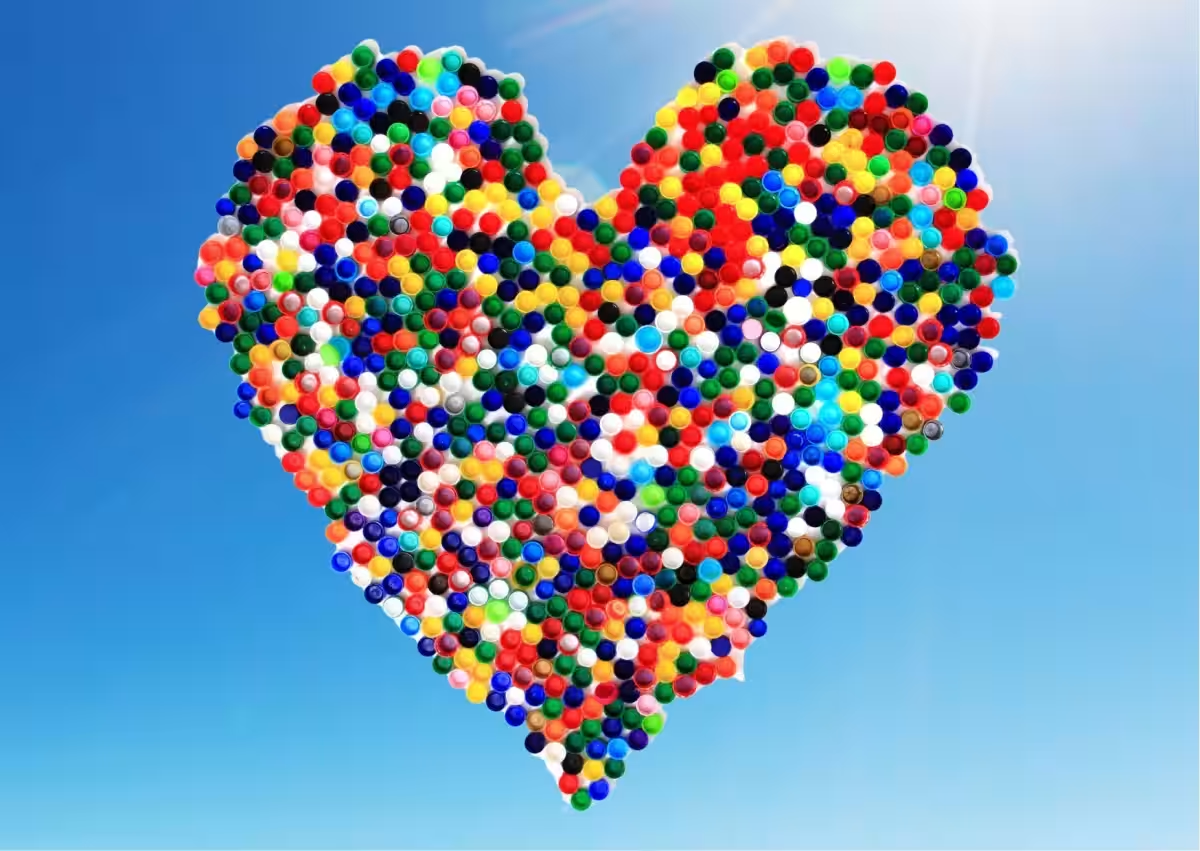
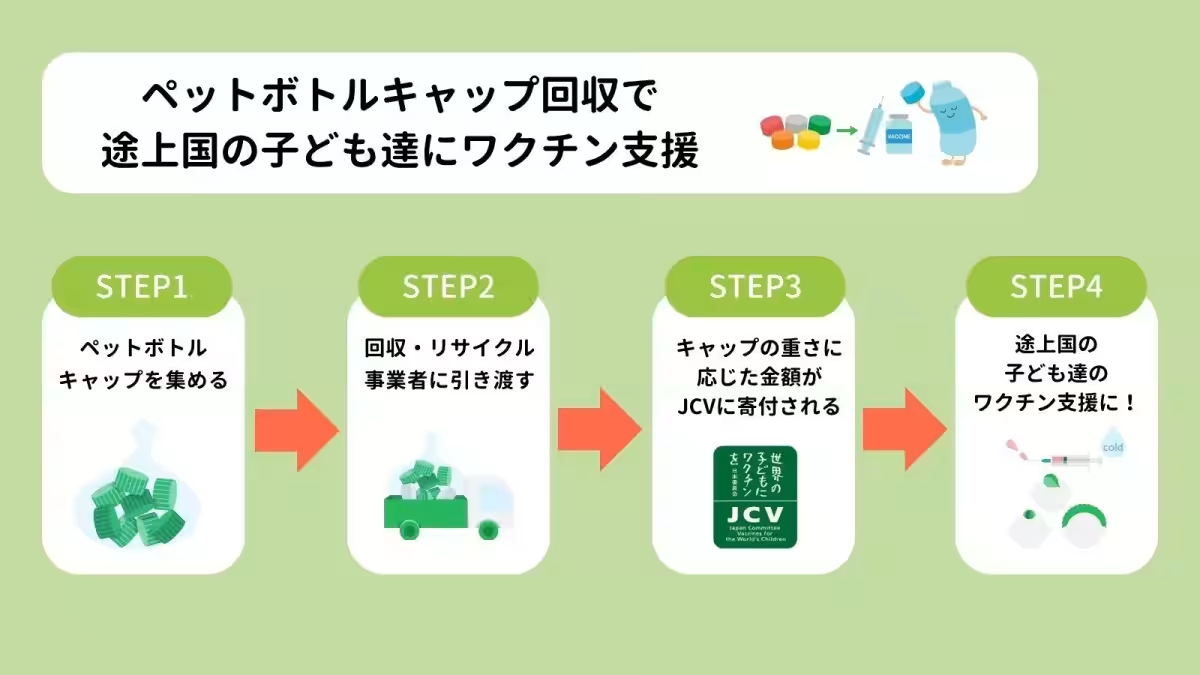
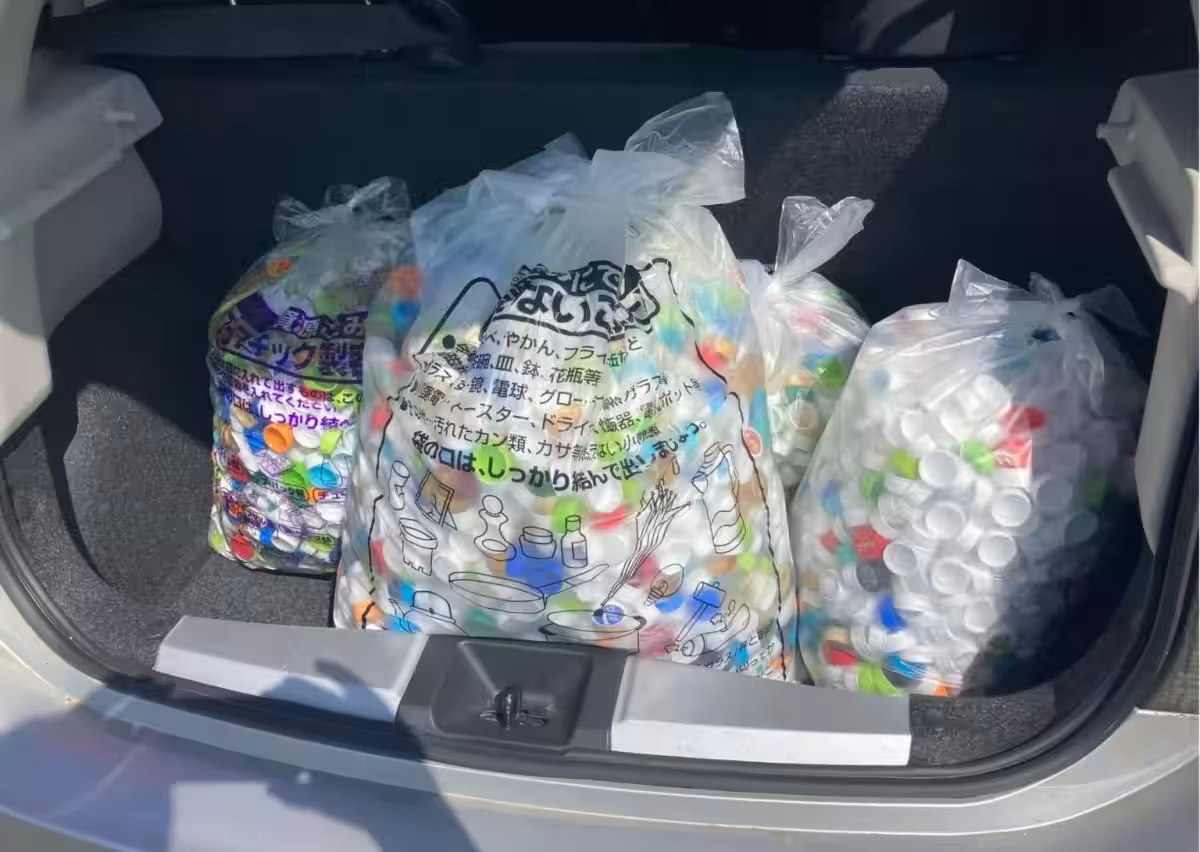
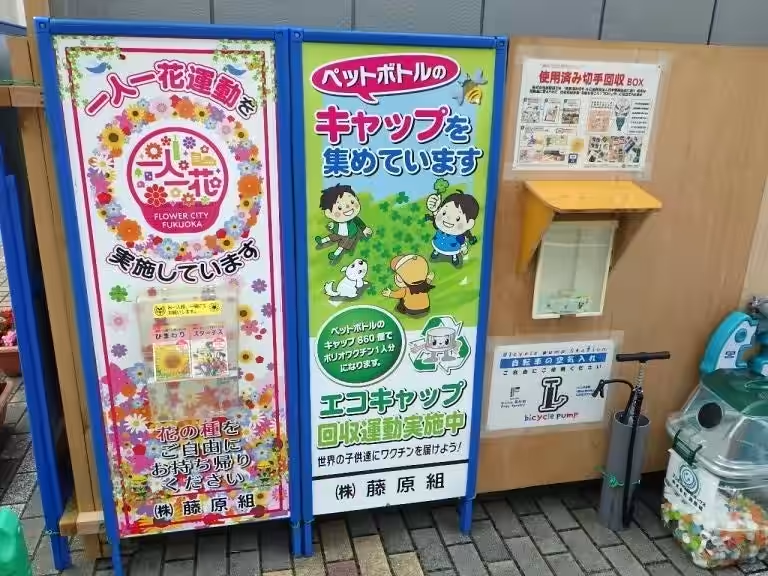
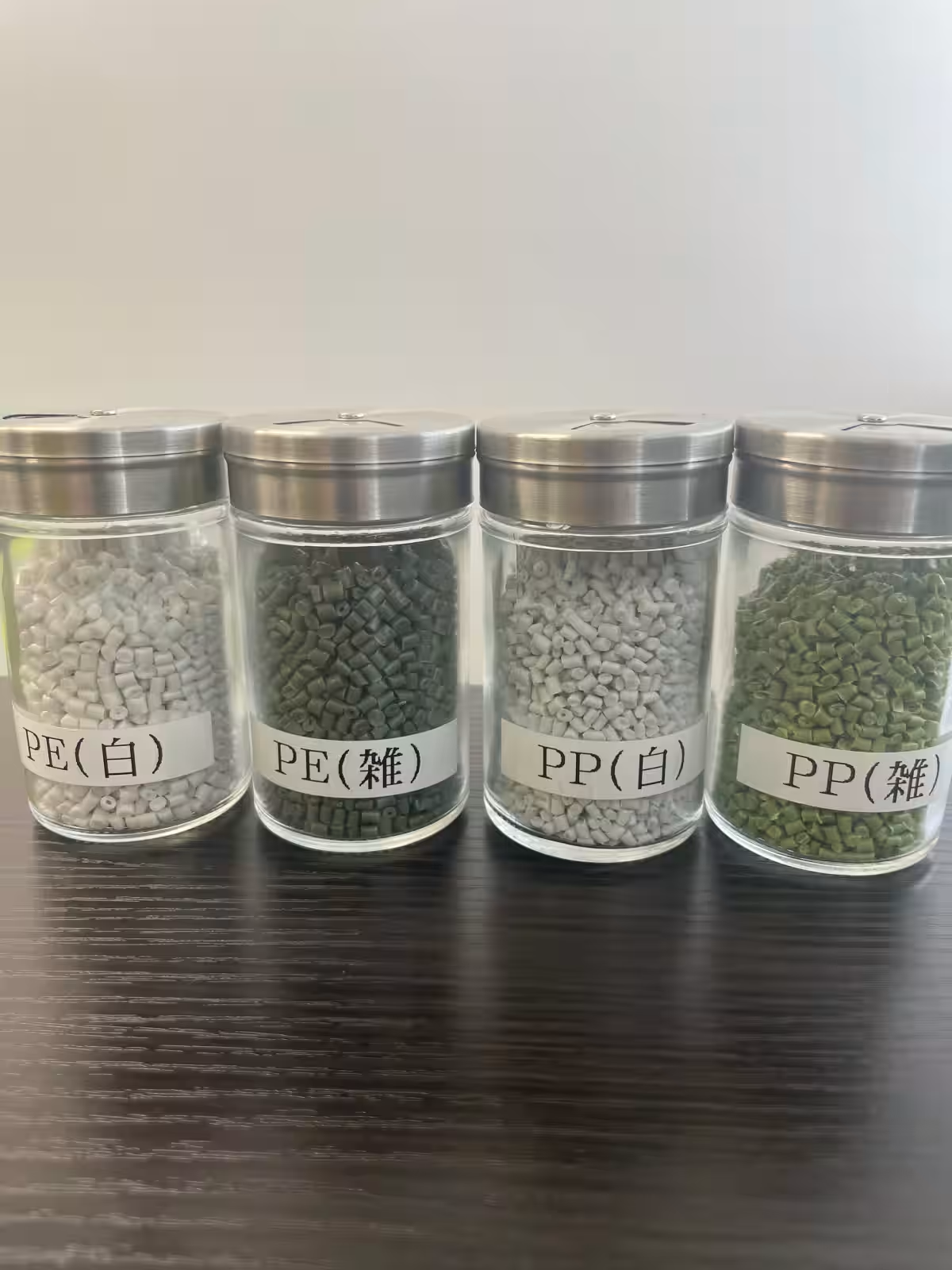
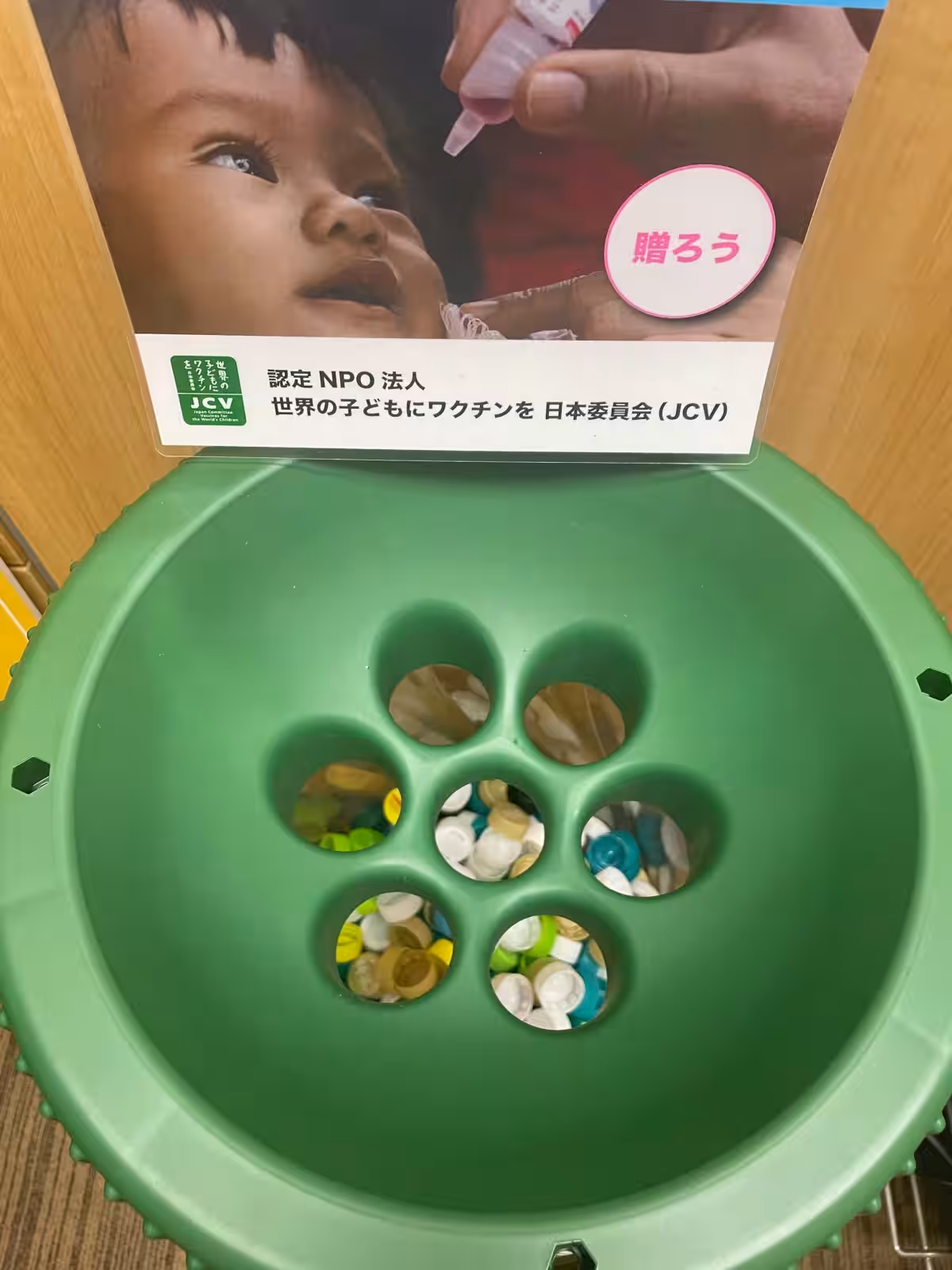

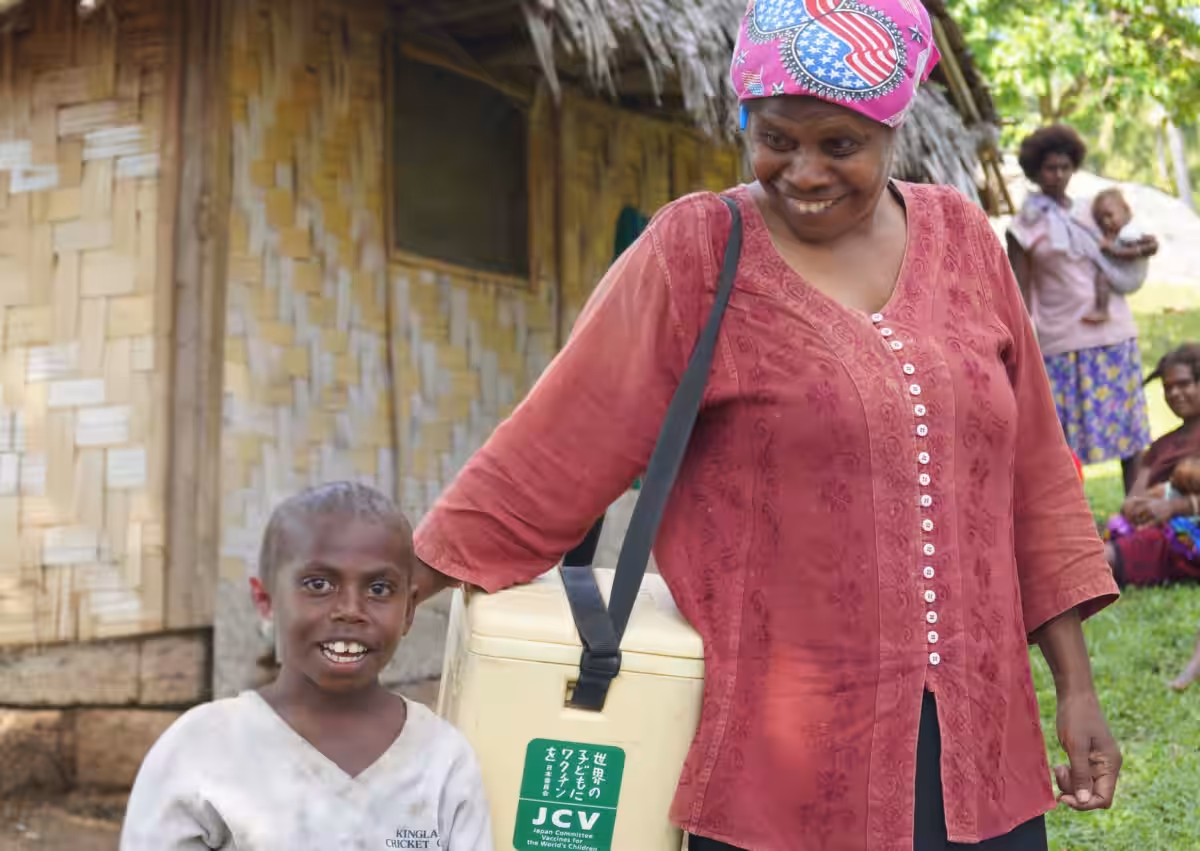
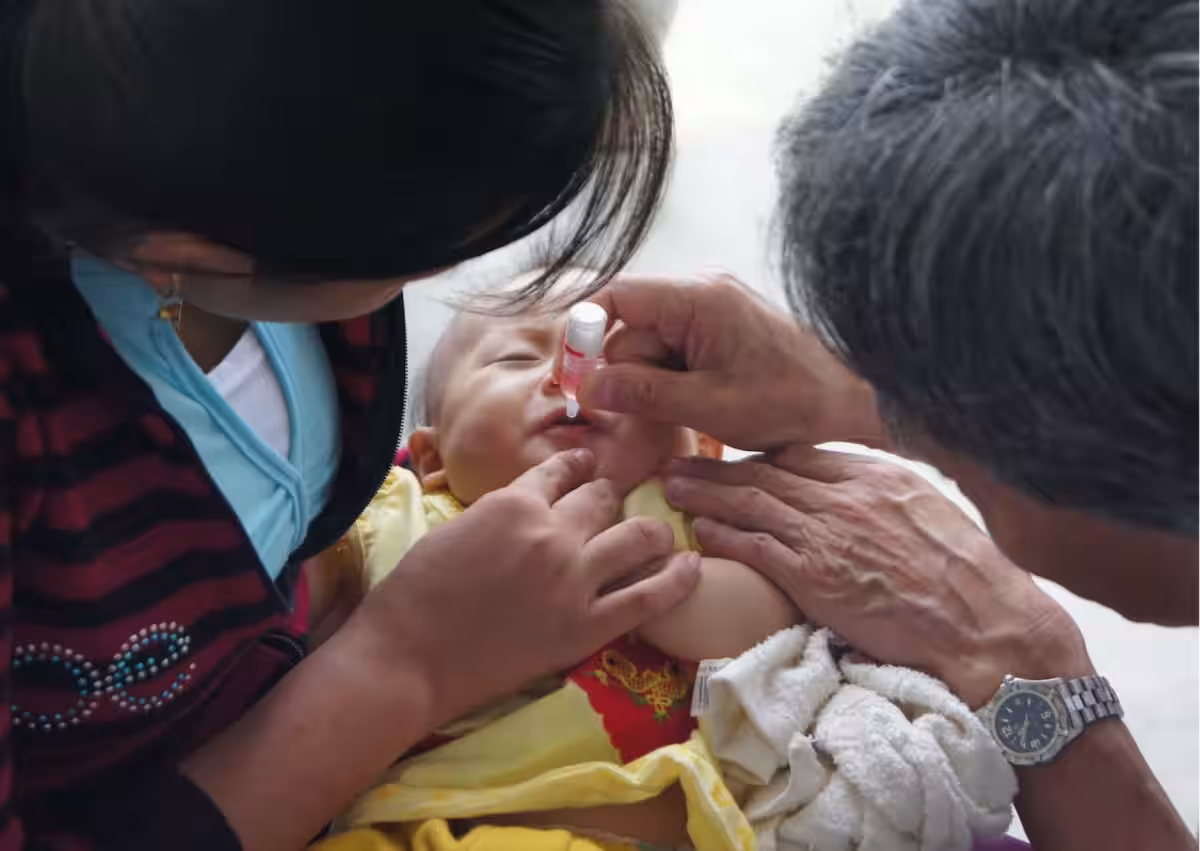
Topics Other)










【About Using Articles】
You can freely use the title and article content by linking to the page where the article is posted.
※ Images cannot be used.
【About Links】
Links are free to use.